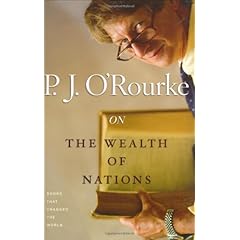Jolly good fun...
...is what this event sounded like.
First up to address the initial question was cosmologist Steven Weinberg of the University of Texas, Austin. His answer was an unequivocal yes. "The world needs to wake up from the long nightmare of religion," Weinberg told the congregation. "Anything we scientists can do to weaken the hold of religion should be done, and may in fact be our greatest contribution to civilisation."
Carolyn Porco, a senior research scientist at the Space Science Institute in Boulder, Colo., called, half in jest, for the establishment of an alternative church, with Dr. Tyson, whose powerful celebration of scientific discovery had the force and cadence of a good sermon, as its first minister.
She was not entirely kidding. “We should let the success of the religious formula guide us,” Dr. Porco said. “Let’s teach our children from a very young age about the story of the universe and its incredible richness and beauty. It is already so much more glorious and awesome — and even comforting — than anything offered by any scripture or God concept I know.”
“What concerns me now is that even if you’re as brilliant as Newton, you reach a point where you start basking in the majesty of God and then your discovery stops — it just stops,” Dr. Tyson said. “You’re no good anymore for advancing that frontier, waiting for somebody else to come behind you who doesn’t have God on the brain and who says: ‘That’s a really cool problem. I want to solve it.’ ”
“Science is a philosophy of discovery; intelligent design is a philosophy of ignorance,” he said. “Something fundamental is going on in people’s minds when they confront things they don’t understand.”
Before he left to fly back home to Austin, Dr. Weinberg seemed to soften for a moment, describing religion a bit fondly as a crazy old aunt.
“She tells lies, and she stirs up all sorts of mischief and she’s getting on, and she may not have that much life left in her, but she was beautiful once,” he lamented. “When she’s gone, we may miss her.”
Dr. Dawkins wasn’t buying it. “I won't miss her at all,” he said. “Not a scrap. Not a smidgen.”





















